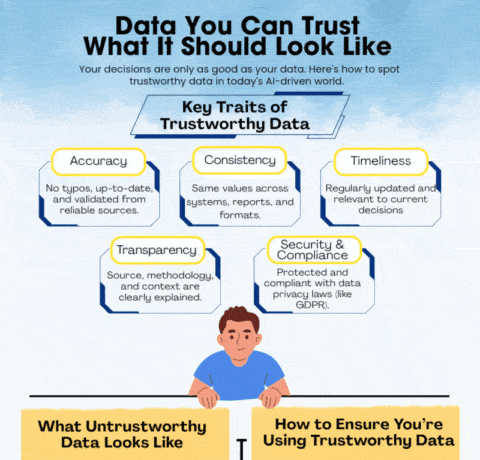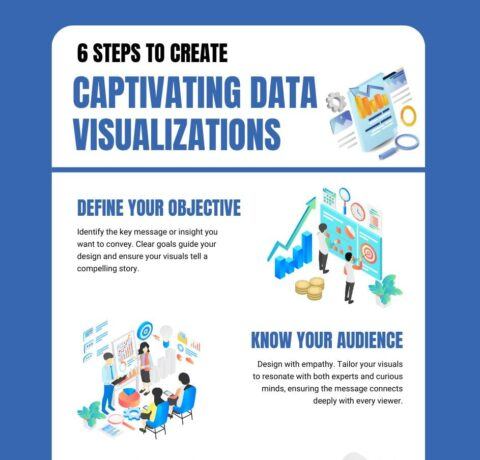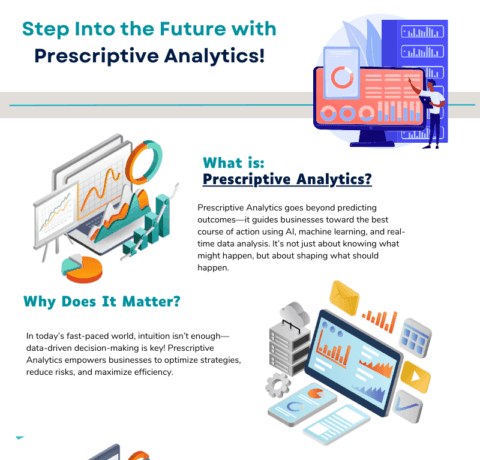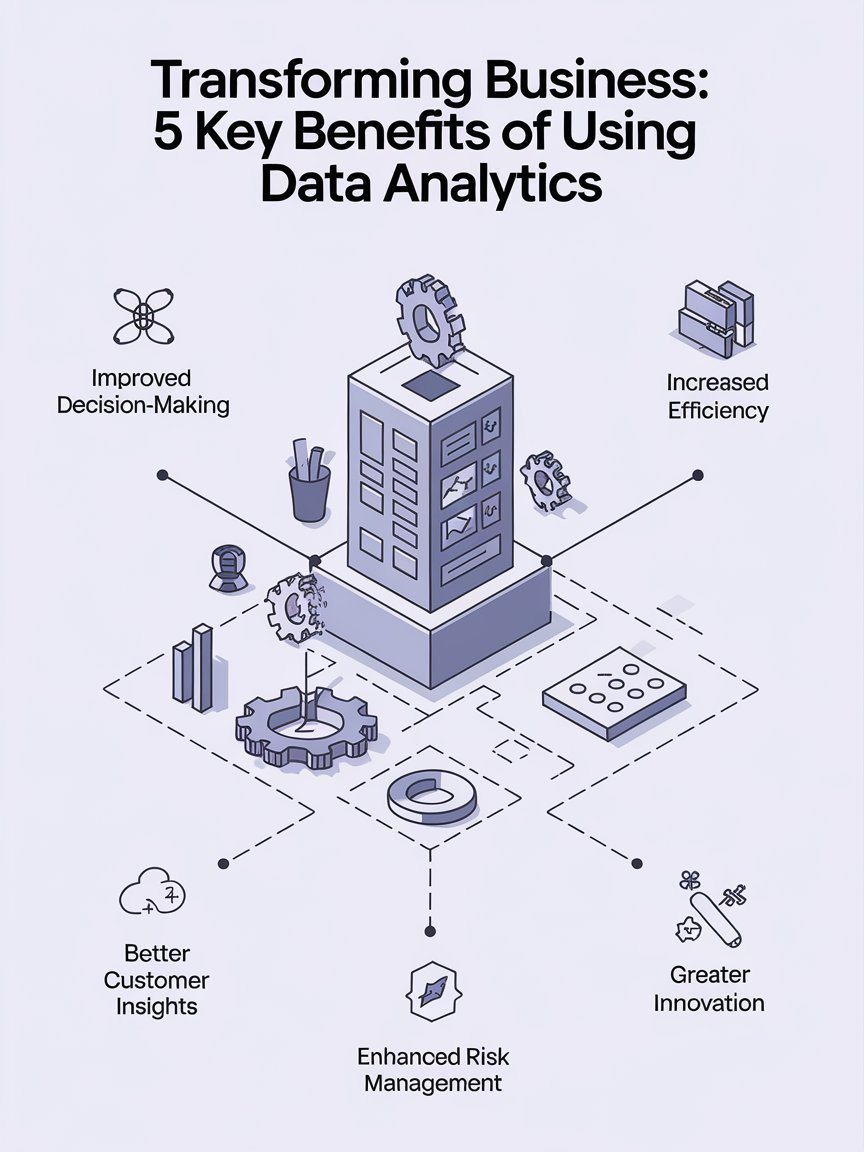5 Benefits Of Data Analytics For Businesses In 2025—Infographic
In 2025, data analytics will continue to be a powerful tool for businesses across industries. As companies seek to stay competitive, the advantages of leveraging data analytics have become more apparent. Here are five key benefits for businesses in 2025:
1. Improved Decision Making
Data analytics empowers businesses to make informed decisions based on real-time insights. By analyzing data trends, patterns, and customer behaviors, companies can forecast outcomes more accurately. This leads to better strategic decisions, allowing businesses to respond to market shifts, optimize operations, and meet customer needs more effectively. With predictive analytics, businesses can anticipate potential challenges and opportunities, ensuring that decisions are proactive rather than reactive.
2. Increased Efficiency
Data analytics helps streamline business processes by identifying inefficiencies and bottlenecks in operations. Through data-driven insights, businesses can automate repetitive tasks, reduce operational costs, and optimize resource allocation. By monitoring performance metrics, companies can identify areas for improvement, allocate resources more effectively, and ensure that processes run smoothly. Increased efficiency not only saves time but also boosts profitability by cutting unnecessary expenses.
3. Better Customer Insights
One of the most valuable aspects of data analytics is the ability to gain deep insights into customer preferences and behavior. By analyzing customer data, businesses can segment their audience, understand buying habits, and personalize marketing efforts. This enables companies to tailor their products, services, and communication strategies to meet the specific needs of their target market. Enhanced customer insights foster stronger relationships, improve customer satisfaction, and drive brand loyalty.
4. Enhanced Risk Management
Data analytics plays a crucial role in identifying and mitigating risks. By analyzing historical data, businesses can spot potential risks, from financial issues to cybersecurity threats. With the ability to predict possible risks and assess their impact, companies can take proactive measures to minimize damage. This leads to better financial stability, improved compliance with regulations, and the ability to adapt to unforeseen challenges quickly.
5. Greater Innovation
Finally, data analytics drives innovation by providing businesses with insights that spark new ideas and solutions. By examining trends, customer feedback, and market data, companies can identify untapped opportunities for product development or process improvement. This fosters a culture of continuous innovation, where data serves as the foundation for creativity and new business ventures. With data at the core of decision-making, businesses can stay ahead of competitors and remain agile in a rapidly evolving marketplace.
Conclusion
In summary, data analytics offers businesses powerful tools to improve decision-making, increase efficiency, gain customer insights, manage risk, and drive innovation. As companies continue to embrace these technologies, the benefits will only grow, helping them thrive in an increasingly data-driven world.







You can adjust your cookie preferences here.